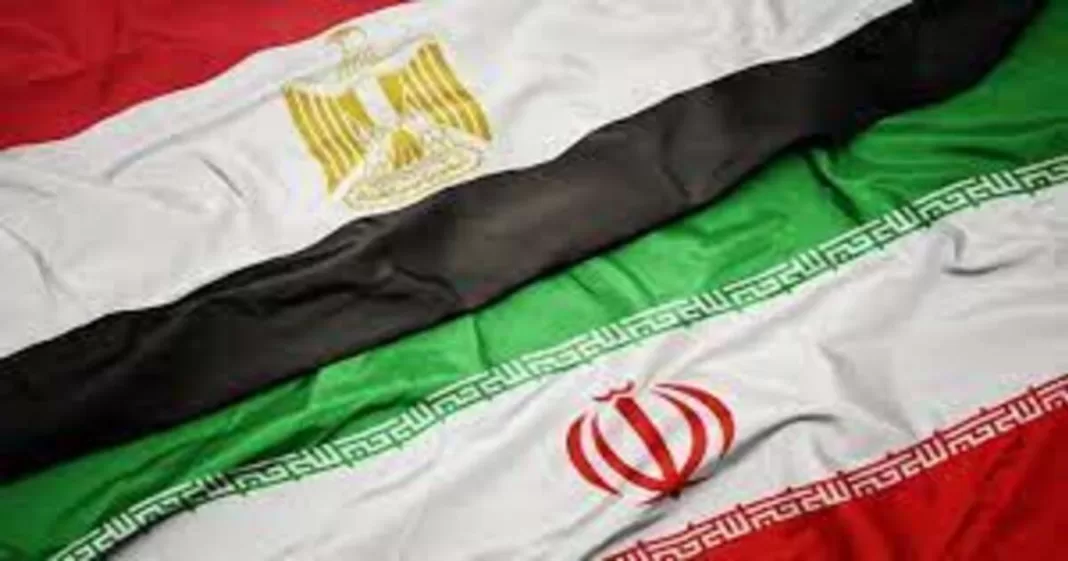In a significant development on the sidelines of the United Nations leaders meeting in New York, Iranian President Ebrahim Raisi expressed optimism about the prospects of reestablishing diplomatic ties with Egypt. This announcement marks a potentially pivotal moment in the tumultuous relationship between these two Middle Eastern nations. While the history of their relations has been marred by tension and estrangement, recent geopolitical shifts and diplomatic overtures may be opening the door to a more constructive engagement between the two countries.
Historical Context
For decades, Iran and Egypt have been at odds, with deep-seated ideological and geopolitical differences driving a wedge between them. The historic schism can be traced back to the 1979 Iranian Revolution, which transformed Iran into an Islamic Republic led by Ayatollah Khomeini. This transformation was viewed with suspicion and concern by Egypt’s then-president, Anwar Sadat, who maintained close ties with the United States and sought a different path for Egypt.
Read More: Iranian MPs approve 10-year sentences for ‘revealing’ clothes
Diplomatic Contacts Amidst Tensions
Despite these deep-seated differences, diplomatic channels between Iran and Egypt have never been entirely closed. Both nations have maintained a minimal level of interaction, especially through their embassies in one another’s capitals. However, substantive engagement has been sporadic at best, primarily due to the two countries’ opposing regional interests and alliances.
New Chapter Unfolds
President Raisi’s recent remarks signal a potential turning point in Iran-Egypt relations. He affirmed that Iran sees no obstacles to establishing relations with Egypt and has conveyed this sentiment to the Egyptian government. This statement sets a positive tone for future discussions.
Role of Diplomacy
The meeting between the Iranian and Egyptian foreign ministers, Hossein Amirabdollahian and Sameh Shoukry, respectively, is a significant step forward. Both ministers have emphasized the importance of cooperation and regional stability. Their diplomatic engagement underscores the role of dialogue in resolving long-standing conflicts and tensions.
Shared Interests and Regional Cooperation
Iran’s President Raisi has emphasized the willingness to extend a hand of cooperation to any country, particularly neighboring and aligned nations. This conciliatory approach aligns with a broader shift in the Middle East, where countries like Egypt have sought to mend ties and ease regional tensions. Notably, Egypt has recently restored diplomatic relations with Turkey and reconciled with Qatar, while Saudi Arabia and Iran have made diplomatic overtures towards rapprochement.
Broader Geopolitical Landscape
Understanding the evolving dynamics in the Middle East is crucial to contextualizing this potential reconciliation. The region has witnessed significant geopolitical shifts, with countries recalibrating their alliances and priorities. Egypt’s move towards mending relations with various nations, including Iran, reflects a desire for a more balanced and pragmatic foreign policy.
Read More: Iran’s president tells UN General Assembly world is changing, era of Western hegemony is over
The meeting between the Iranian and Egyptian foreign ministers in New York represents a hopeful step towards the restoration of diplomatic ties between these two Middle Eastern nations. While significant challenges lie ahead, the willingness of both sides to engage in dialogue and cooperate for the sake of regional stability is a positive development. The Middle East is in a state of flux, and as countries like Egypt seek to recalibrate their foreign policies, opportunities for reconciliation and cooperation may emerge. Whether this newfound optimism translates into substantive change in Iran-Egypt relations remains to be seen, but it is undoubtedly a promising start in a region where diplomatic breakthroughs are sorely needed.














